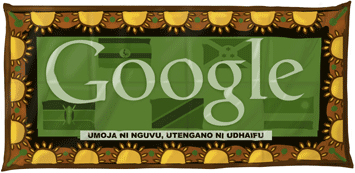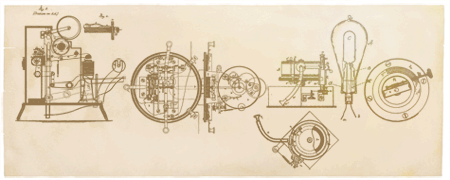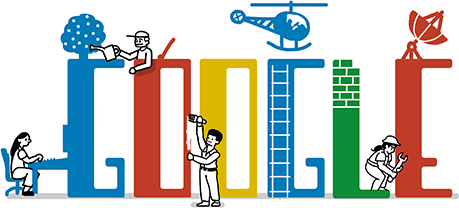EA awaits historic Kenyan election
EA awaits historic Kenyan election
THE EAST AFRICAN COUNTRIES ARE WATCHing the Kenyan general election very keenly, as it is expected to have a major impact on the growth of democracy in the region.
Particularly under scrutiny is the Electoral Commission of Kenya (ECK), which has grown to be one of the most important institution of governance in East Africa.
Apparently, election management — from the transportation of ballot papers and the actual voting to the tallying of results — is still a nightmare in most African countries. Indeed, some of the electoral bodies who refer to themselves as “independent” have often presided over palpably flawed elections, as in the recent case of Nigeria.
The Kenyan electoral body for its part has come a long way from the time when its members were appointed by the all-powerful president to serve his whims, to the 1997 inter-party minimum electoral reforms that allowed various parties to nominate commissioners to the electoral body.
Notably, the ECK has moved from being perceived as a tool of the executive to an independent entity that enjoys the confidence of over 50 per cent of Kenyans.
More encouraging is that unlike other public institutions such as the Kenya Anti-Corruption Commission and the Kenya National Commission on Human Rights that gobble up huge public resources, the ECK has managed to use its resources to increase its capacity in terms of logistics and investment in technology.
By coming out to admit that some constituencies may not hold parliamentary and civic elections due to a mix-up in ballot papers — a contingency he later clarified was unlikely — ECK chairman Samuel Kivuitu, has demonstrated that he is willing to keep Kenyans informed as far as emerging hitches are concerned.
The challenge for the ECK is to correct the mistakes in time and in a manner that instils confidence in the affected constituencies. Ironically, Kenya has not witnessed the extent of mix-up the ECK is talking about in the past two elections, when the body enjoyed less confidence among Kenyans.
The 2007 poll is perhaps the most critical election in Kenya’s independent history, since the number of parliamentary seats garnered by political parties will determine whether Kenyan will be governed by one party or a coalition government.
MR KIVUITU FOR HIS PART HAS TO PROVE that the honour bestowed on him last week by the International Commission of Jurists for his independent mind and the gall to stand up against political pressure, was not in vain.
But as other regional countries look to Kenya to lead the way by holding free and fair elections, the biggest challenge in East Africa is how to practise democracy in between elections. It has been a general assumption that holding elections on schedule is enough to prove a country’s democratic credentials, while governments in the region continue with undemocratic practices in between elections.
These include official corruption, lack of accountability, incapacitation of watchdog institutions and the harassment of the media. It is not unknown for governments in the region to shut down television stations, raid media houses, intimidate journalists, while at the same time priding themselves on the fact that they hold periodic elections.
All the same, ECK has won admiration in the region for holding a satisfactory


.jpg)
.jpg)
.jpg)





















